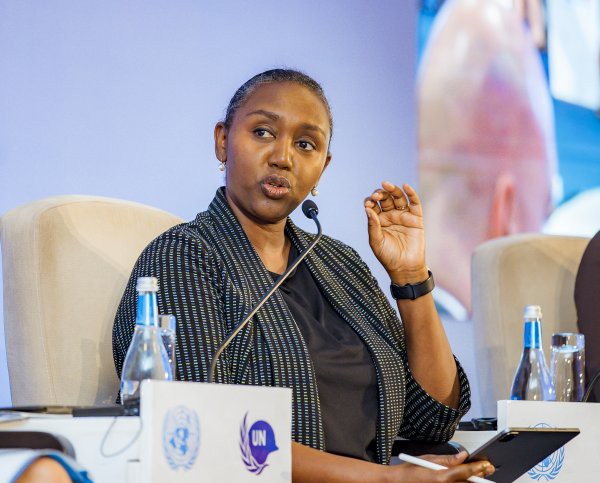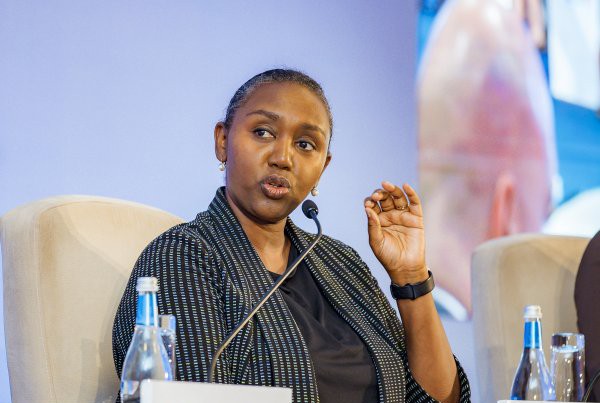Rwanda Addresses Allegations of Involvement in M23 Conflict
The spokesperson of the Rwandan government, Yolande Makolo, has declared that Rwandan troops are present along the borders with Rwanda, but their presence is not for any actions intended to disrupt the security within their territory. She denied allegations that Rwanda is supporting M23 and emphasized the commitment to maintaining peace in the region.
Makolo made these statements during a press conference related to discussions involving ministers from countries contributing to United Nations peacekeeping missions. These discussions pertain to the situation in the Eastern Democratic Republic of Congo, especially the ongoing conflicts and the role of Rwandan forces near the borders.
In Eastern Congo, conflicts persist, and the government continues to inform its citizens that Rwanda is the source of instability, especially following the resurgence of the M23 rebel group.
Makolo emphasized that the recent release of drone images by Patrick Muyaya, the Congolese Minister of Communication and Government Spokesperson, reveals no new developments. Instead, they primarily depict actions taken by the Congolese government, such as fighting against armed groups in areas like Ruzenze, Bishishe, Marangara, Tongo, and Rutshuru. Those responsible for these actions will reportedly be held accountable.
The photos also show people moving within certain regions, but their intentions are not clear, and some individuals are seen carrying what is believed to be SPG-9 rockets.
Furthermore, it is mentioned that they were in the corridor from Tongo to Kalengera.
Makolo stressed that the images do not reveal anything new but rather depict actions carried out by the Congolese government that have caused concern. She stated, “It’s not about new developments; we’ve seen these actions in many reports before. It’s not about undermining security and stability in the DRC, but it’s their way of continuing to be removed.”
Makolo highlighted that Rwanda’s concerns go beyond the DRC and are particularly related to the presence of the FDLR, a group linked to the Rwandan Genocide. She emphasized the importance of maintaining peace in the region and urged the Congolese government to act on the commitments made in agreements such as those in Luanda and Nairobi.
Makolo explained that the implementation of these agreements and the condemnation of actions by groups that support the M23 are crucial in addressing security issues in the Great Lakes region, especially along their shared border.
Regarding the recent incident, Makolo suggested that the injured person should be treated by medical professionals in the Rubavu District.

She also discussed the consequences of such actions, which include the displacement of people and the confiscation or destruction of their property. Makolo emphasized that these actions have a significant impact, particularly concerning the influx of refugees into Rwanda.
She further noted that these refugees have increased in number, with up to 15,000 new refugees from the DRC entering Rwanda every week, highlighting the challenges related to refugees and their impact on both the DRC and Rwanda.
Makolo also mentioned that these refugees may not easily return to their home country due to the circumstances and challenges they face in the DRC.

